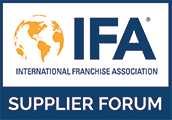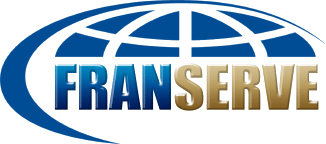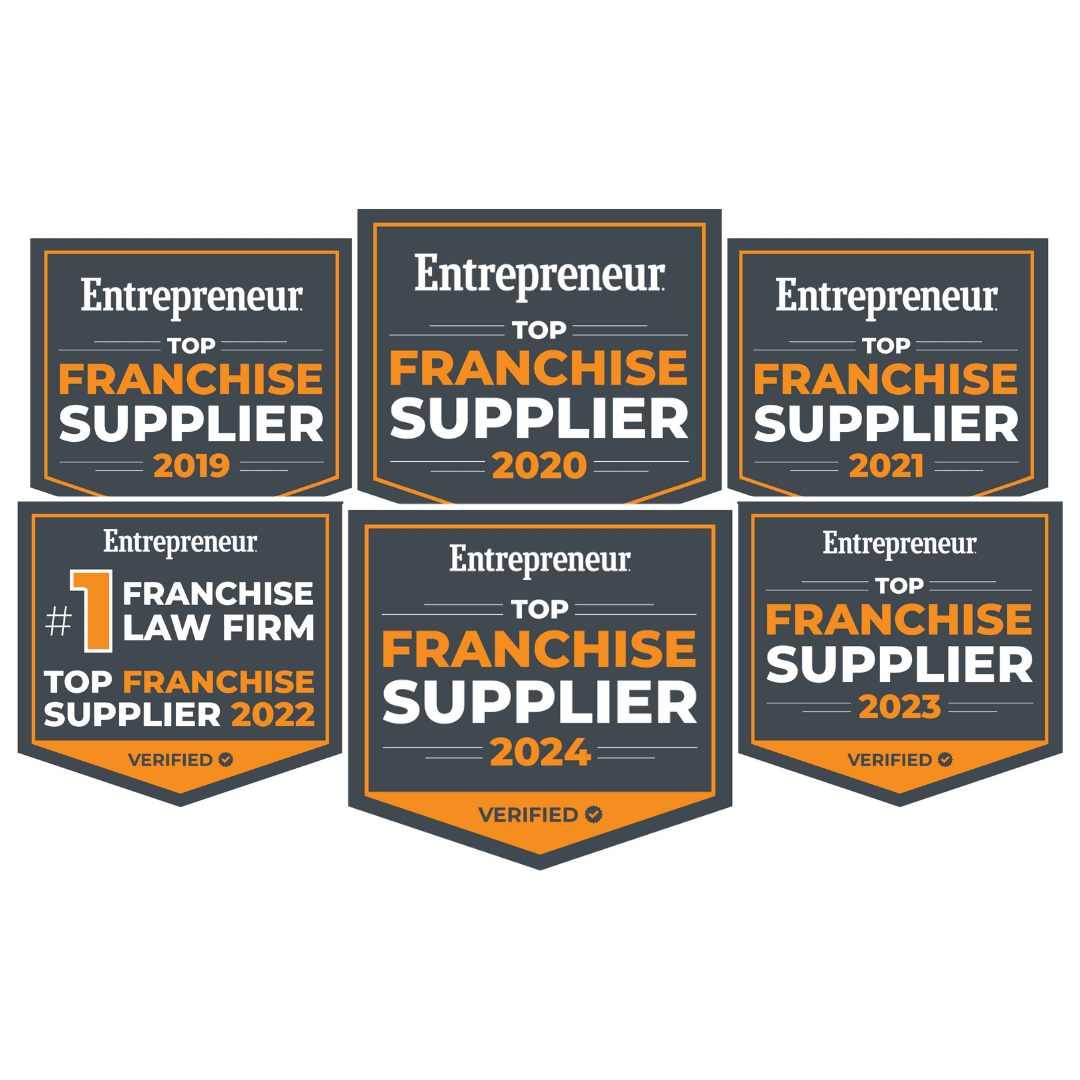To catch the latest Spadea Lignana news, be sure to tune in and subscribe to our panel discussions through our podcast on iTunes.
“Controlling Cost & Driving Profitability: Day to Day Strategies to Increase Profitability” is a relevant topic for any growing business. Moderator, Tom Spadea, and panel members, Katie Walsh, Jason Parker, and Brian Klein join us to discuss the ways in which franchise businesses can thrive through marketing, budgeting, culture, and transparency.
Meet the Panel
Katie Walsh
Katie is a multi-unit owner of three Rita’s Water Ice stores in South Jersey. Former manager at all 3 locations, Katie has come up the ranks after purchasing them out two years ago. Connect with Katie.

Jason Parker
Jason is the Co-founder and President of K-9 Resorts, a luxury pet day care system. The company has won several customer service awards due to its customer centric focus and operational culture. Connect with Jason.

Bryan Klein
Bryan is CEO and Founder of The MAX Challenge, a health experience centered around structured exercise classes and wellness. In 2013, the franchise grew to over 60 locations in 5 states, receiving tremendous success in a short time. Connect with Bryan.

Main Points
Let’s take a look at a few key discussions during this event:
[6:10-10:53] War stories and the budgeting processes.
Katie kicks off the panel by discussing the importance of knowing the average numbers of your businesses. A realistic representation of your numbers when you enter a new franchise system allows you to gain perspective without shorting yourself capital. Jason agrees, adding that entering a franchise with a quality Item 19, or franchise disclosure document, makes a huge difference. Bryan includes, “our biggest obstacle is ourselves.” Understanding why you are financially motivated to enter a business will help you create realistic expectations.
Katie suggests that the best way to coach newer franchisees to be realistic is to spend the time going over the resources in place, such as, key performance indicators (KPI’s) and profit & loss reports (P&L’s). Jason believes that listening is key. Speaking to bordering business about their business models and speaking to employees is a great way to understand the culture and expectations.
[10:54-13:30] What are the most chronic mistakes made in day-to-day franchise operations?
Jason says, “not following the system that is in place.” Revenue takes a hit when requirements aren’t met and franchisees don’t follow proper protocol. Brian agrees with this sentiment, adding that oftentimes people believe they have a better marketing idea. If it’s an established franchise, the franchisee should stay within parameters. Katie suggests taking a step back and looking at the bigger picture; getting bogged down by day-to-day operations can create conflict.
[13:40-17:30] Theft in businesses.
Katie uses camera systems and requires management to monitor activity. If you are present in your store enough and understand how to interpret your food costs, you can pinpoint if the theft is internal and who is responsible. Jason expands on this statement: if you understand your numbers you will know if your range is off during a certain time frame. If your sales are generated mostly with credit cards, this data can be easily tracked. Bryan adds, basic business controls and standardizing your methods and forms emphasizes discrepancies.
[17:33-22:36] Improving unit level margins and creating an open system environment.
Having a standard chart of accounts where a franchisee reports to a franchisor who can analyze the numbers. All panelists agree that transparency can breed a healthy, competitive culture. If you create an open book environment, everyone within the system can learn from one another and understand where they fall. Training is also essential. Having a process in place that explains the value of revenue and how to increase your margins will motivate your team to interact with customers and sell.
[25:11-37:21] How to motivate a new franchise system to follow protocol.
Data doesn’t lie. Measure your stores that are opened for more than a year and those opened for less than a year. Even if the historical trail to success isn’t fully paved, pull out certain numbers that make sense and focus on that information. Abiding by a successful system is key, but it can be tough when the data isn’t fully-baked. If you have vetted your franchisee prior, hopefully you will not face a situation where a franchisee comes in with a negative attitude regarding an enforced standard.
[37:22-43:30] Cost effective marketing tools and training.
Two words: social media. Facebook and Instagram are effective marketing tools. Also onboarding a marketing agency can help franchisees collect data, which will support growth and strengthen systems in place. Additionally, recruitment has a huge impact. Brian states, “you can’t train friendliness.” Make sure that your hiring process is standardized so that you can pre-screen candidates appropriately. Transparency is helpful here, providing skills ability tests or disc profiles improves retention and performance among employees.
[47:52-50:00] Is there one takeaway that you would want people to leave here with?
Katie says, “know your numbers and revisit them.” Jason believes understanding the system and respecting the processes are important. Brian ends the panel by stating, “Know your KPI’s and look deeper than your P&L. Be on top of it.”
Interested in learning about our Philadelphia Franchise Association events? Get more details and watch the full-length video here.










